Sleep
Regular quality sleep is an important part of leading a healthy life
Sleep is often the first thing we cast aside, as we prioritise other needs deserving of our time...but...
Did you know that poor sleep affects 2 in 5 Australians each and every day and that sleep is one of the eight principles of wellness? As we gain a better understanding of our sleep habits and patterns, and what affects us, we can make better sleep choices leading to improved overall wellness. This page aims to assist you with bite size information and tips to start your sleep revolution! “sleep is a treasure and should be valued as one” Tom Rath
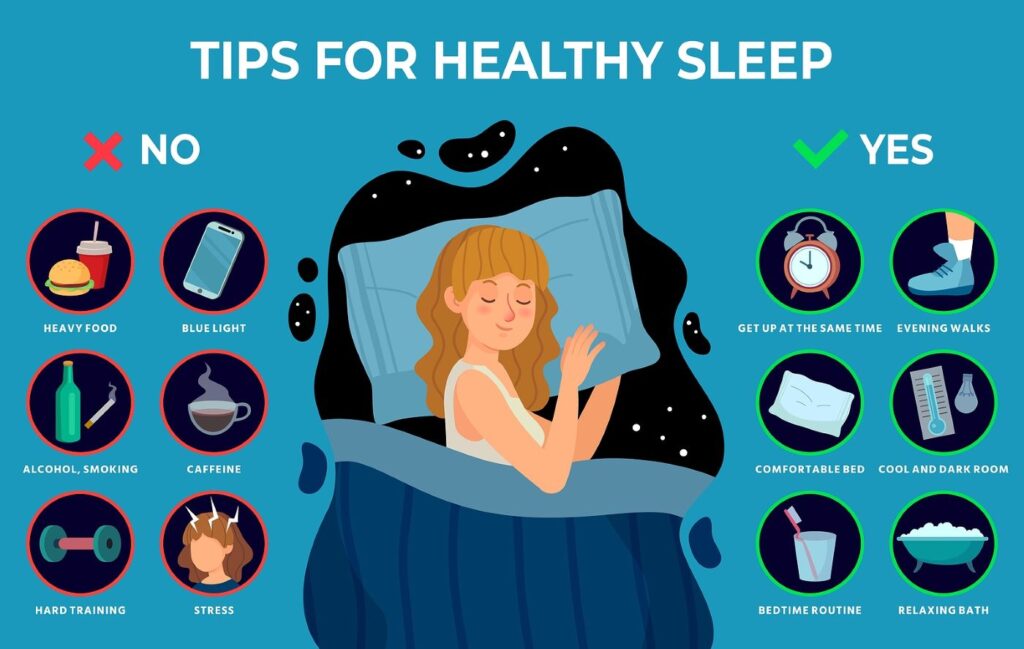
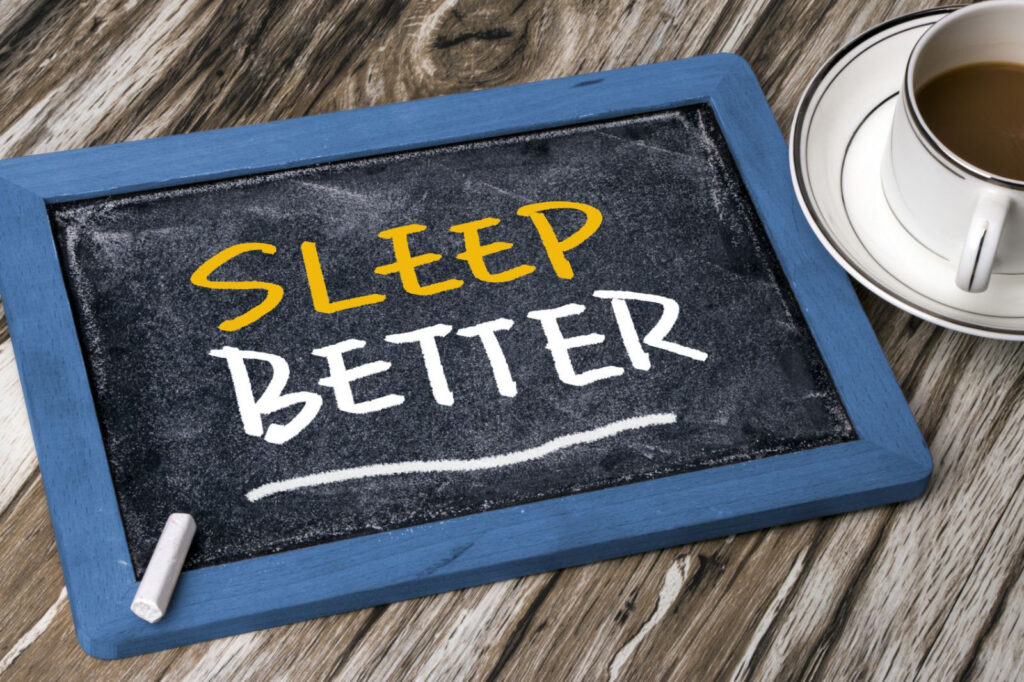
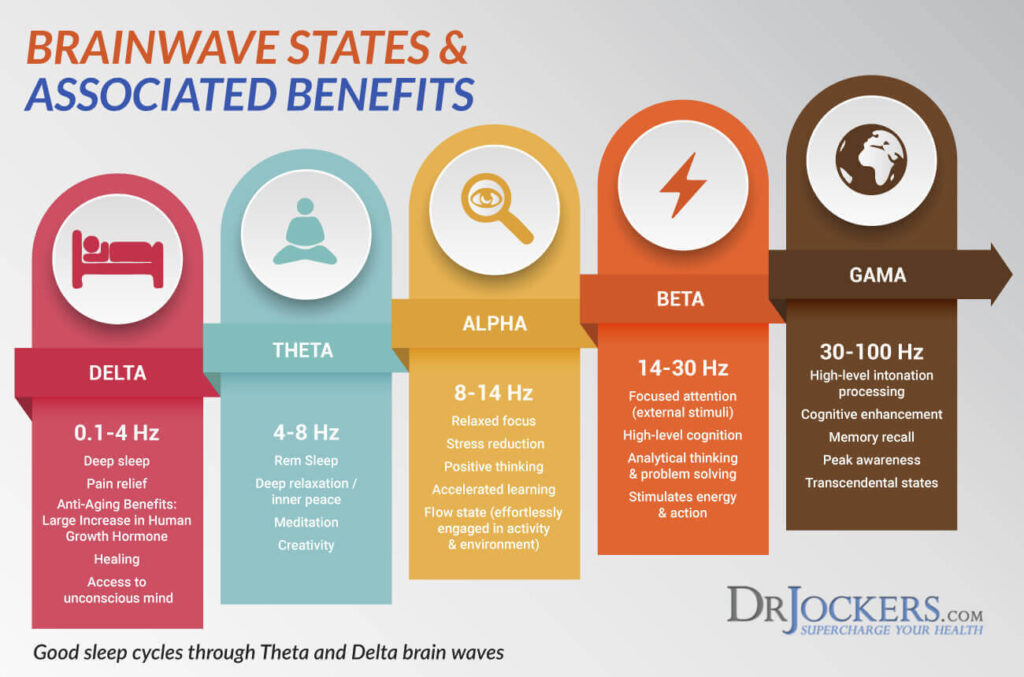
What is Quality Sleep?
When quality sleep happens we wake up refreshed and ready to start the day ahead. We ask and explore, ‘what does quality sleep look like and how do we get it?’
Sleep quality is different from sleep quantity. Sleep quantity measure how much sleep you get each night, while sleep quality measures how well you sleep.
Measuring sleep quantity is simple, as it’s quick to determine if you’re getting the recommended amount of sleep per night (usually defined at 7-9 hours for adults). Measuring sleep quality is a little more of an art than a science. Generally, good sleep quality is defined by the following characteristics:
- You fall asleep soon after getting into bed, within 30 minutes or less
- You typically sleep straight through the night, waking up no more than once per night
- You’re able to sleep the recommended amount of hours for your age
- You fall back to asleep within 20 minutes if you do wake up
- You feel rested, restored, and energised upon waking in the morning
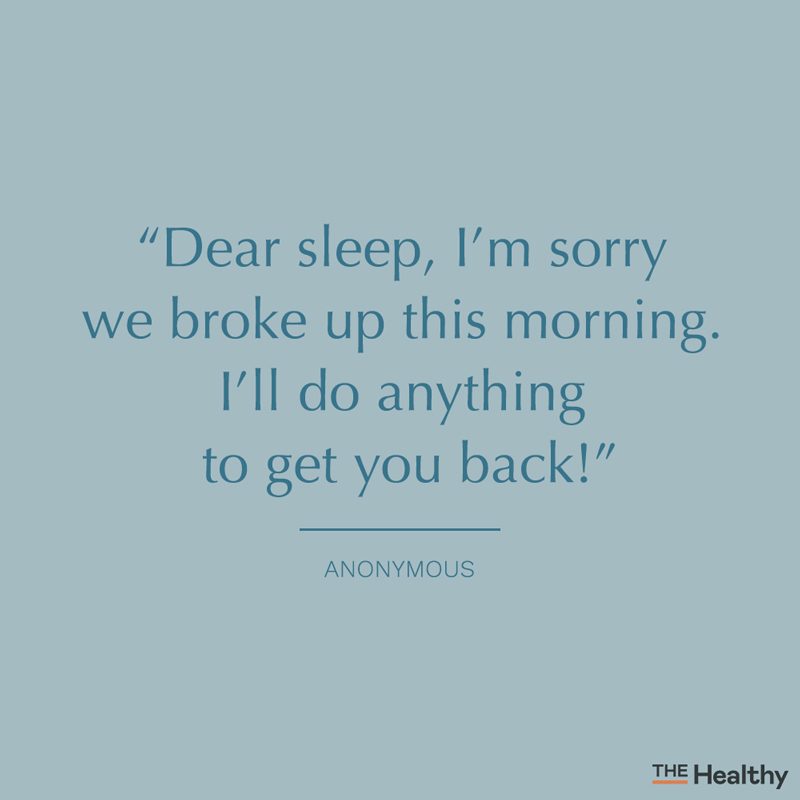
Serenade Yourself to Sleep...
Search up the word sleep on Spotify and you will find some great playlists waiting for you. Alternatively create your own playlists with music that will help you to relax and calm.
Also consider setting up playlists for other times of the day that give you energy or allow some destressing well ahead of bedtime. Have you set up a list of your all time fave hits that never fail to get you smiling?
We like using Spotify’s sleep timer app.
On IOS devices, in Spotify on the ‘now playing screen’, you can scroll all the way down to Sleep timer. We will will be checking out the android app shortly.
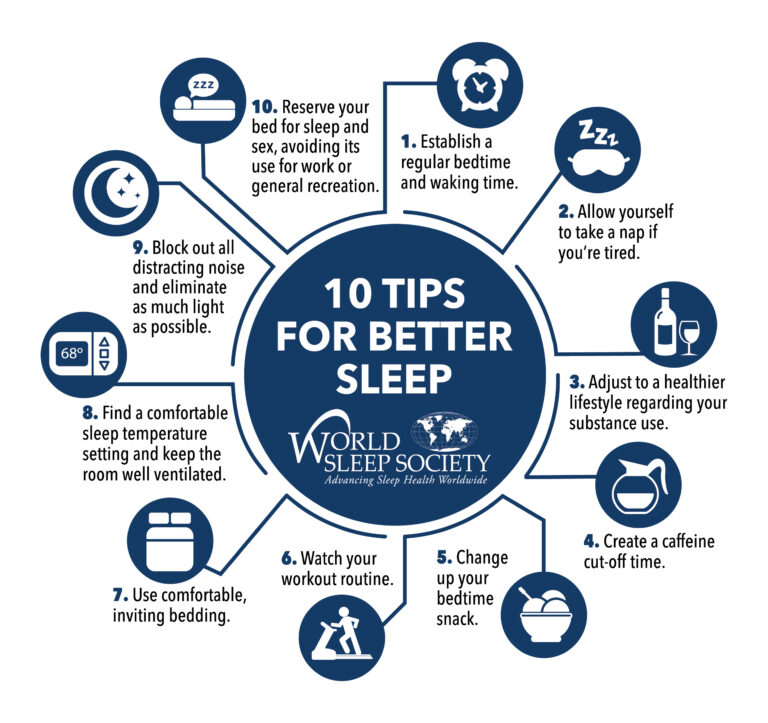
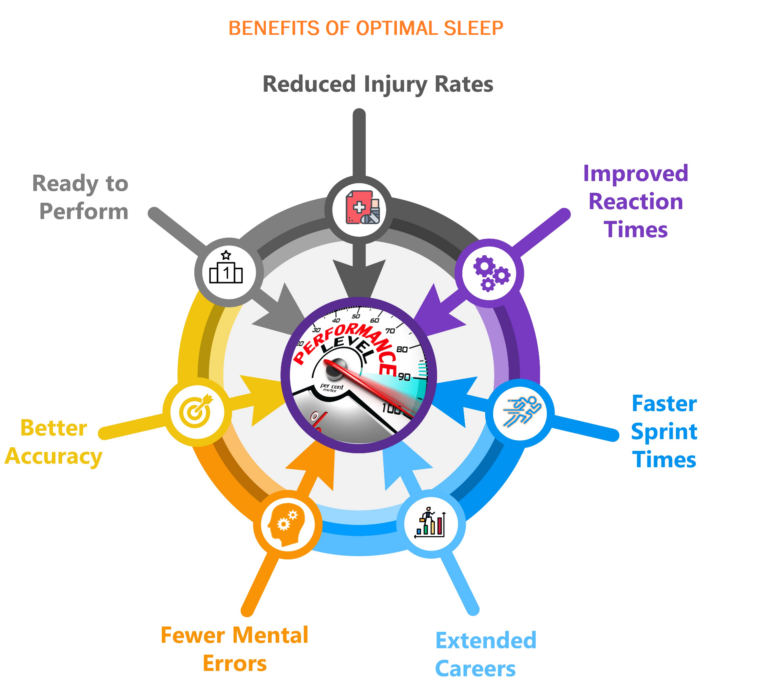

Healthy Sleep Tips from Our Friends at ASWA
Bedtime routine
Establish a regular bedtime routine and regular sleep-wake schedule.
Try adding
Try adding an extra 15minutes of sleep at night. Continue this until you feel fully rested and recharged when you wake in the mornings.
Unexpected situations
When unexpected situations challenge your regular schedule, plan ahead to get a good night of sleep.
Bright lights
Use bright lights to stay alert during the day, but dim your lights in the evening. Block out all light in your bedroom at night.
What Does a Good Sleep Routine Look Like?
Research shows that adolescents and young adults need at least 7 to 9 hours of sleep a night. A good sleep routine will help you get the hours you need on a regular basis.
Starting With The Basics:
- Stick to a routine of setting your alarm for the same tie each morning and going to bed at the same time each night.
- Lay off the alcohol, cigarettes and caffeine before bed, as they can make it harder to get to sleep or may disrupt your sleep.
- Keep calm, but yes, you need to turn off your television, mobile phone and laptop or tablet at least 30 minutes before bed. The light from these devices can trick your brain into thinking it’s still daytime.
- Practice relaxation and meditation techniques to help you switch off your mind in the evenings.
- Try not to nap during the day.
- Exercise first thing in the morning, outdoors. Sunlight can help reset your body clock.
Still Struggling?
If you are still tossing and turning in your bed at night, there are a few other things that you can try.
Your Environment
- Create a sleep playlist with soft, gentle music to slow your hear rate and help you unwind.
- Check the room temperature – is its too cold or too hot? Open a window, get an extra blanket or change your aircon settings so that you are comfortable.
- Keep light and noise to a minimum. Wear an eye mask, or block out excess light. If outside noise is a disturbance, use ear plugs.
Your Body
- Drink warm milk or chamomile tea to calm your body.
- Try some progressive muscle relaxation techniques.
- Practice deep breathing,
Your Brain
- If you’re stuck in a half awake, half asleep state, get comfy, close your eyes and try to stay awake instead of falling asleep. This disruption can trick your brain into resetting itself.
- Escape your imagination. Give yourself an imaginary task, such as building your dream house or exploring a new city, and walk yourself through it in your mind.
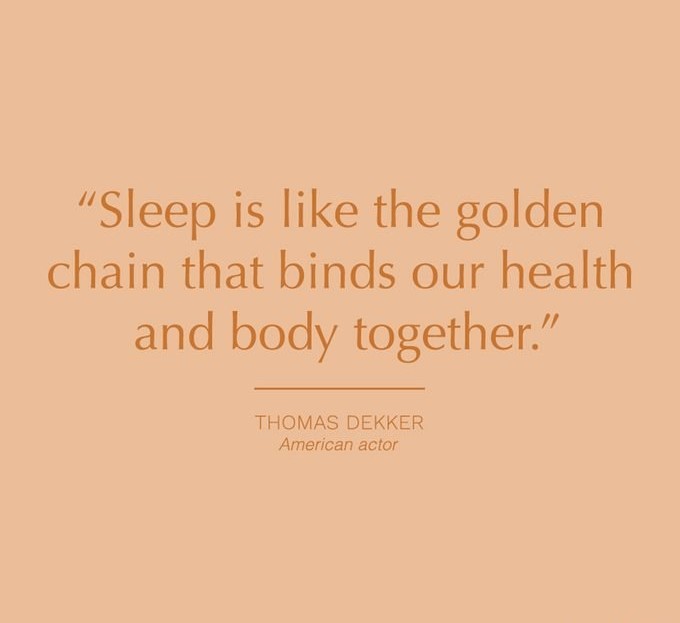
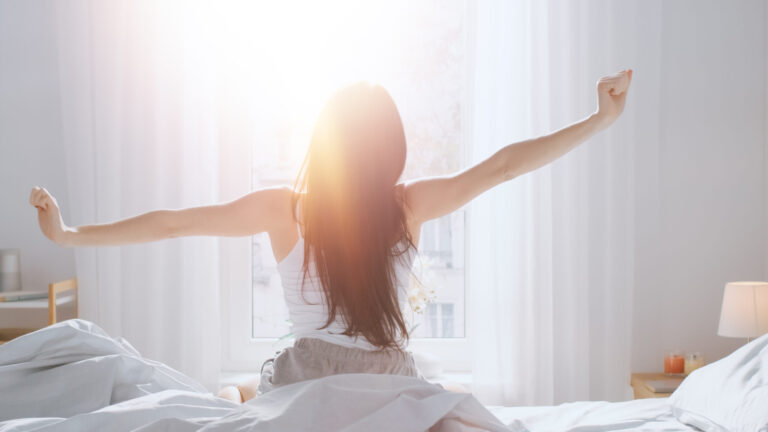
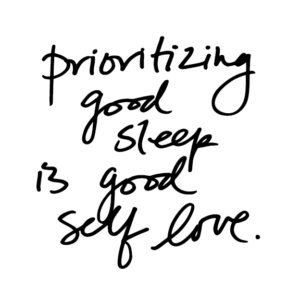
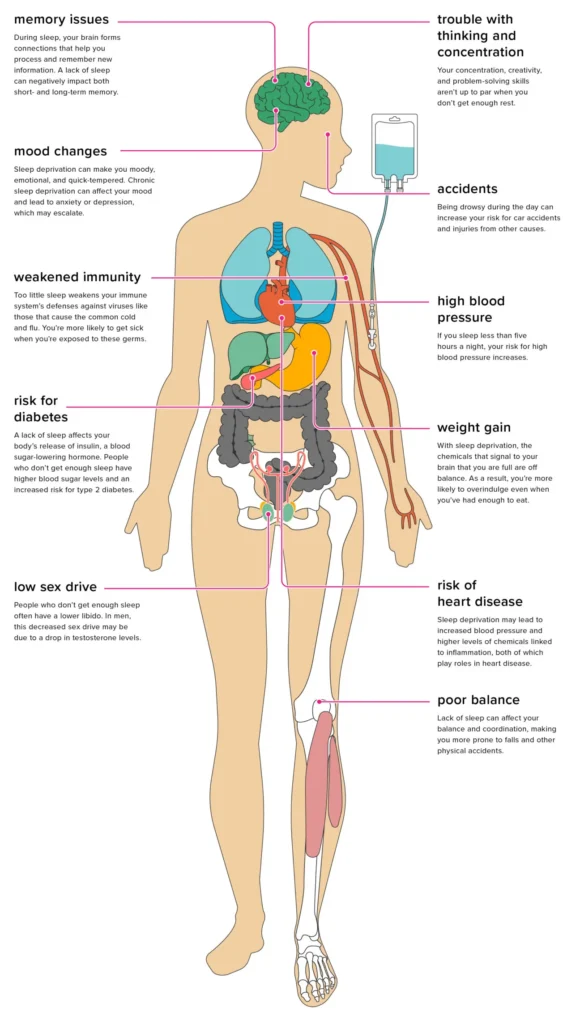
What Happens When you Don't Get Quality Sleep?
The long-term effects of sleep deprivation are real. It drains your mental abilities and puts your physical health at real risk. Science has linked poor sleep with a number of health problems, from weight gain to a weakened immune system.
Sleep deprivation is caused by a consistent lack of sleep or reduced quality of sleep. During sleep your body heals itself and restores its chemical balance. Your brain creates new thought connections and helps memory retention.
Noticeable signs of sleep deprivation include:
Stimulants, such as caffeine, aren’t enough to override your body’s need for sleep. Caffeine, can in fact make sleep deprivation worse by making it harder to fall asleep at night. Which in turn can lead to a cycle of nighttime insomnia.
How Much Sleep do You Actually Need?
Everyone feels better after a good nights sleep. A report from the National Sleep Foundation – based on two years of research, breaks it down into nine age-specific categories, with a slight range that allows for individual preferences:
- Adults, 65+ years – 7-8 hours
- Adults, 26 to 64 years – 7-9 hours
- Young Adults, 18 to 25 years – 7-9 hours
- Teenagers, 14 to 17 years – 8-10 hours
- School Age Children, 6 to 13 years 9-11 hours
- Preschool Children, 3 to 5 years – 10-13 hours
- Toddlers, 1 to 2 years – 11-14 hours
- Infants, 4-11 months – 12 – 15 hours
- Newborns, 0 to 3 months – 14-17 hours
Eat Move Sleep by Tom Rath
Quietly managing serious illness for more than 20 years, Tom has assembled a wide range of information on the impact of eating, moving and sleeping. Written in his classic conversational style, Eat Move Sleep features the most proven and practical ideas from his research. The remarkably quick read offers advice that is comprehensive yet simple and often counterintuitive but always credible.
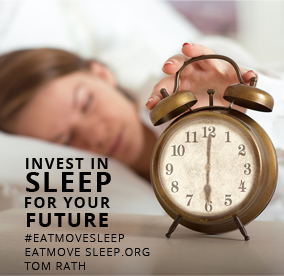
Copies can be found on the SWISH spinner or on audiobook by request at the library.
Silkwood Reviews
Check out the reviews below from Silkwood team members on Eat Move Sleep.

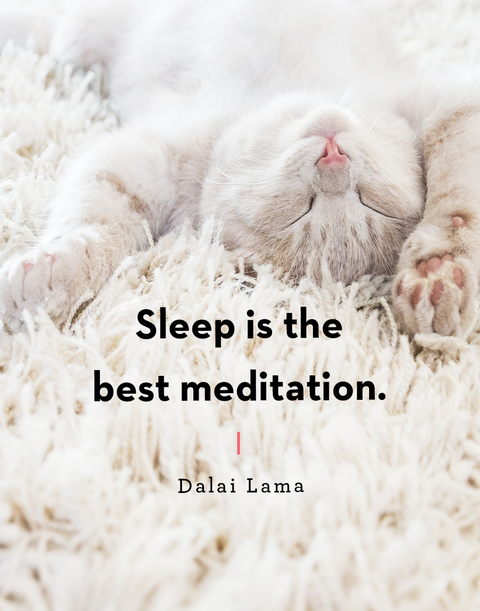
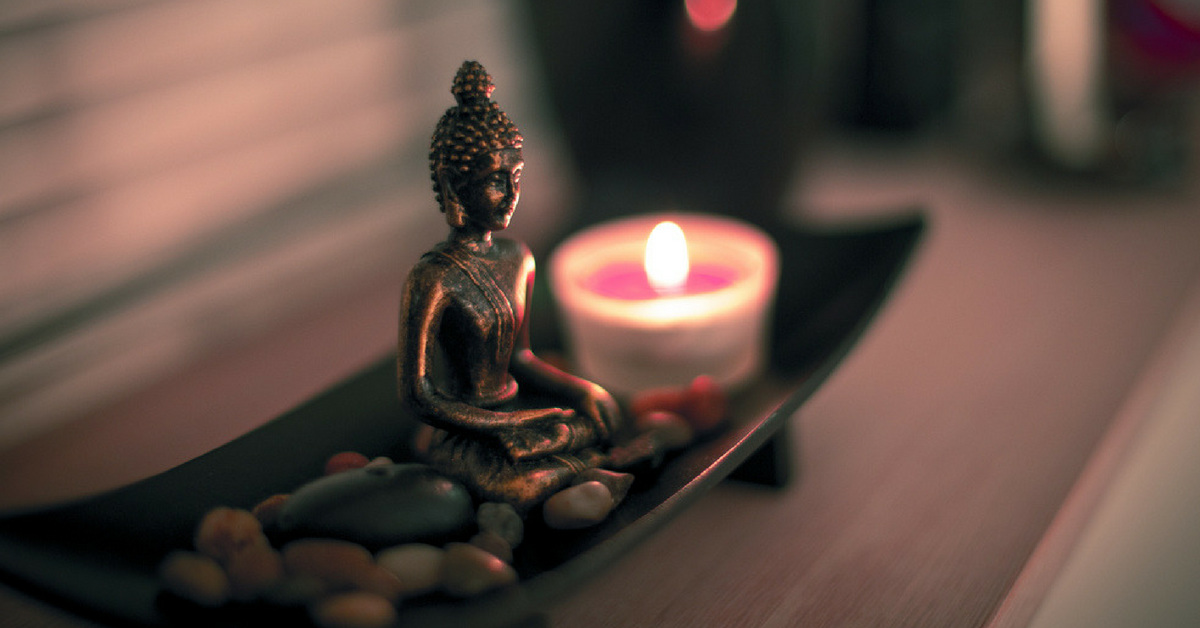
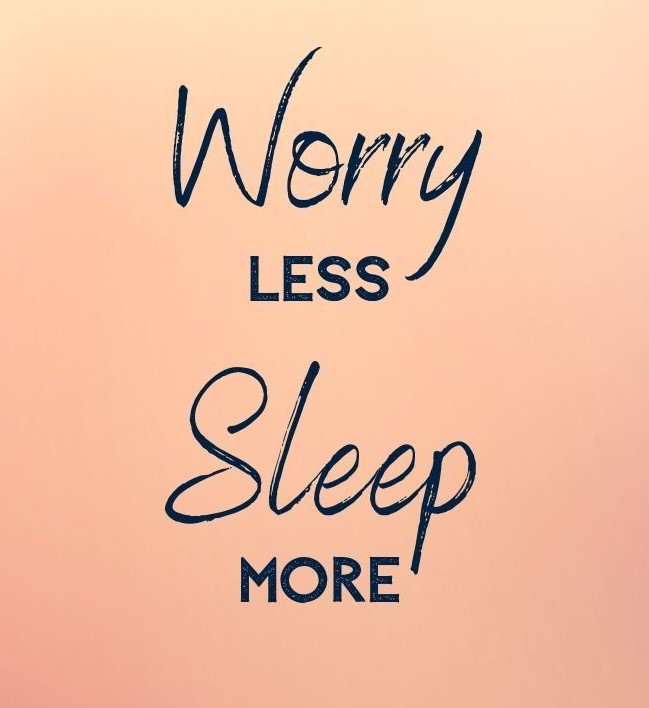

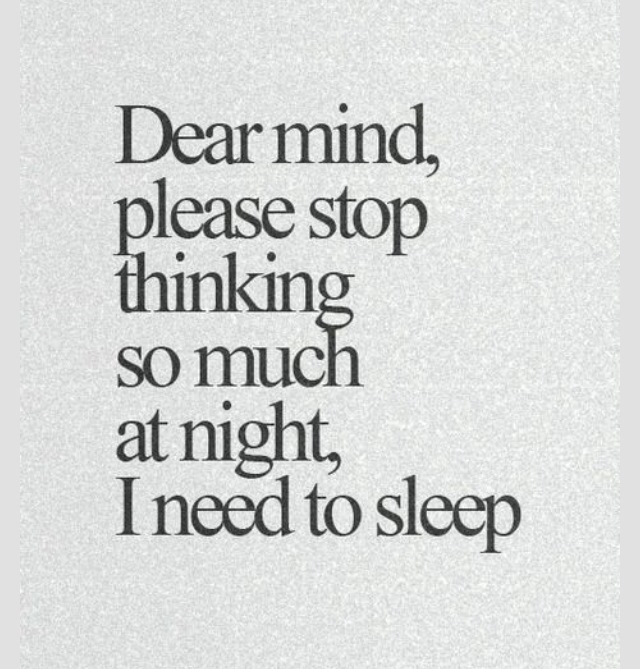
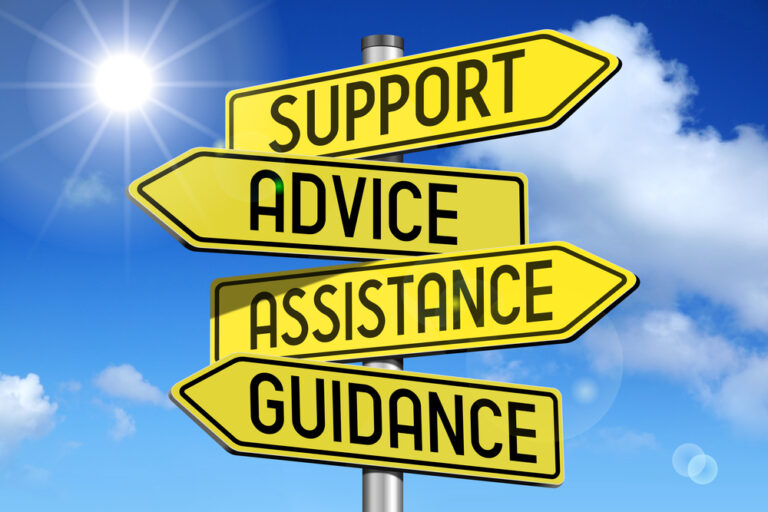
Other Useful Resources
Lorem ipsum dolor sit amet, consectetur adipiscing elit. Ut elit tellus, luctus nec ullamcorper mattis, pulvinar dapibus leo.
World Sleep Day happens every March.
For facts, toolkits, and great ideas head to the experts at https://worldsleepday.org/
From the World Sleep Day website
Three elements of good quality sleep are:
- Duration: The length of sleep should be sufficient for the sleeper to be rested and alert the following day.
- Continuity: Sleep periods should be seamless without fragmentation.
- Depth: Sleep should be deep enough to be restorative.
Have you completed the Sleep section in ASWA Wellness Within program? Alongside this, completing the ASWA Wellness Tracker could give you some ideas to improve your sleep.
The Sleep Health Foundation have lots of great facts sheets and resources to aid you on a journey to better sleep.
At SleepHub, their #1 goal is to provide you with information and resources to help you learn and understand your sleep, so that you too can experience a better quality of life.